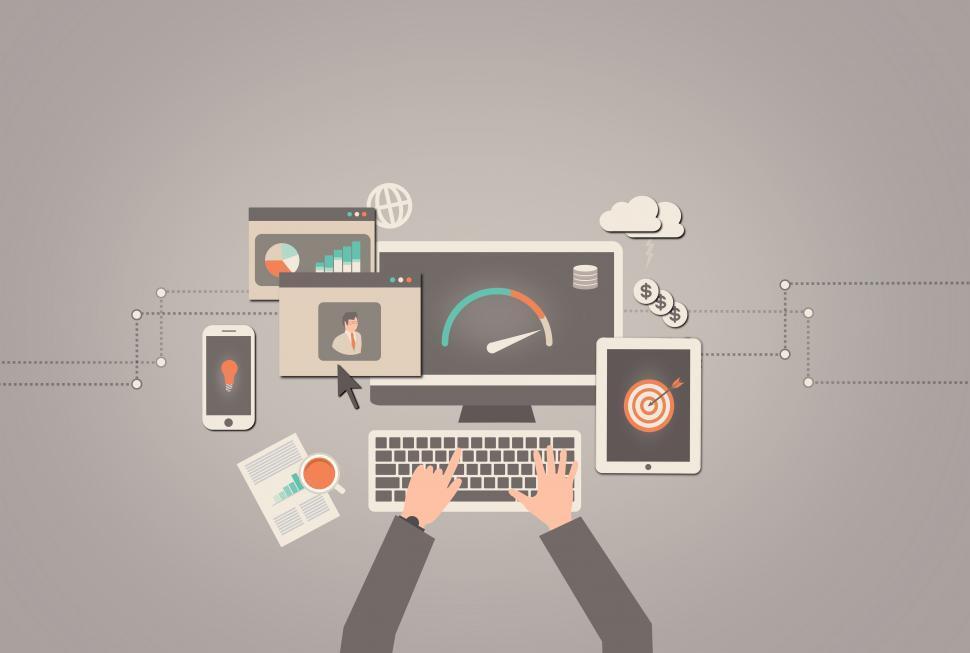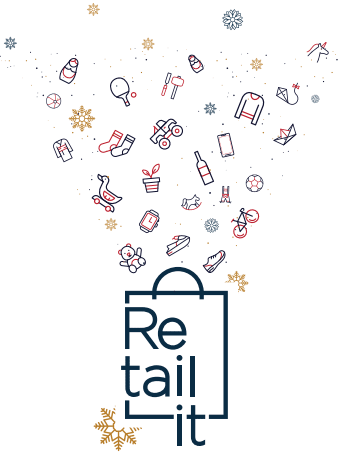In today’s competitive environment with a pool of products and services to choose from, customers need to be informed of your activities. A CRM helps you prioritise a customer’s spending habits and suggest products they may like and keep them informed about your brand.
What is a CRM?
CRM, an abbreviation for Customer Relationship Management, is a centralised system of customer data that helps you in personalising the customer experience. It records information about a customer, from their name and emails to what purchases they make and how often they come back to your business. By tracking customers’ spending habits, the CRM keeps you informed about your customer’s preferences, buying patterns and purchase intent.
Who is using it now? Well, a CRM has now become a business strategy for companies and is in use by brands of all sizes to manage their customer expectations and habits, helping them flourish with sales success.
How does a CRM work?
The CRM is a tool that stores information regarding all of your customers, allowing you to bring the relationships and interactions between you and them into one place. It includes all of the information about a customer or a consumer, including current positions in the sales process, likes and dislikes, services or goods they may be interested in buying, the status of their orders, information about new products and services they might want to try, current in-store and/or online discounts and more. The goal of a CRM is to help you better understand your consumers and sell to them more efficiently. It adopts a customer-centric strategy, where a customer is at the centre of everything your business does.
Utilise a CRM as a business strategy
Ramping up your customers’ footfall and improving sales is all well and good, but what if you can reach out to them, instead, on a one-on-one basis? Retailers such as yourself can pull out the real potential of your business by getting better insight into customer data. Customers want to be informed of the latest products, promotions, deals, discounts, and more from your brand. By keeping track of data from the customer to customer, you can set personalised campaigns, segment your market by preferences or other means, and generate revenue.
A good CRM enables you to provide customers with an enhanced level of personalised service. For example, if you are a jewellery brand, you can use a CRM system to communicate a new product release with your existing customers. Alternatively, you can send out an automated, customised email message to your customers as a thank you for visiting your store or site. This will ensure that the customer doesn’t forget their visit and will feel appreciated and encouraged to return. If you run an apparel brand, you can create a shopping list or prepare and send a special offer to your customers. Also, you can simply update them with new dresses which are of a similar style to ones they have purchased from your business in the past.
Conclusion
In this current day, businesses are coming up with different ways of improving customer engagement. Rather than providing different products and services to them, they are shifting to mobile apps and email marketing as they offer an easier way to communicate. While these are reliable solutions, they still require the customer to be active to have their needs and wishes fulfilled. When this is the case the CRM becomes your best friend and makes your customer interaction effortlessly successful and beautiful.
We know what makes a customer happy and continuously come back to you. Come and speak to us so we can show you how we can help you unlock new opportunities for your business.
See how our technology can help you.

